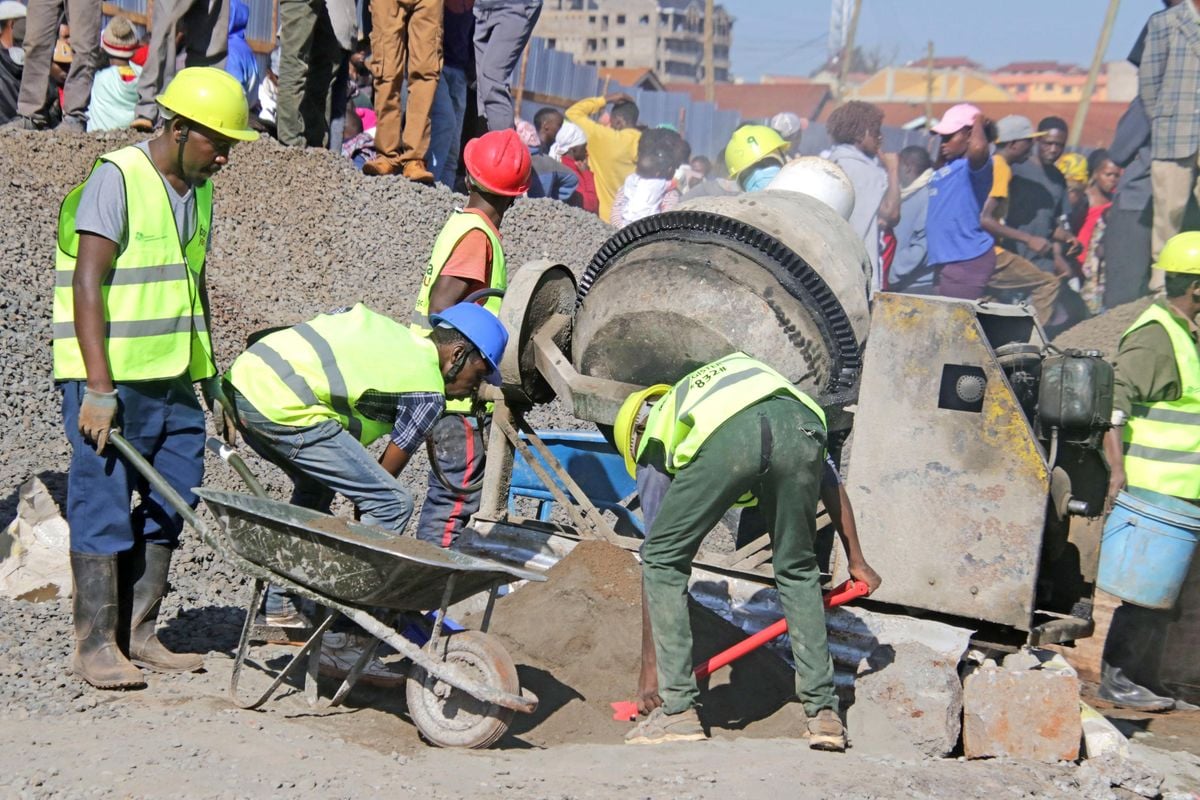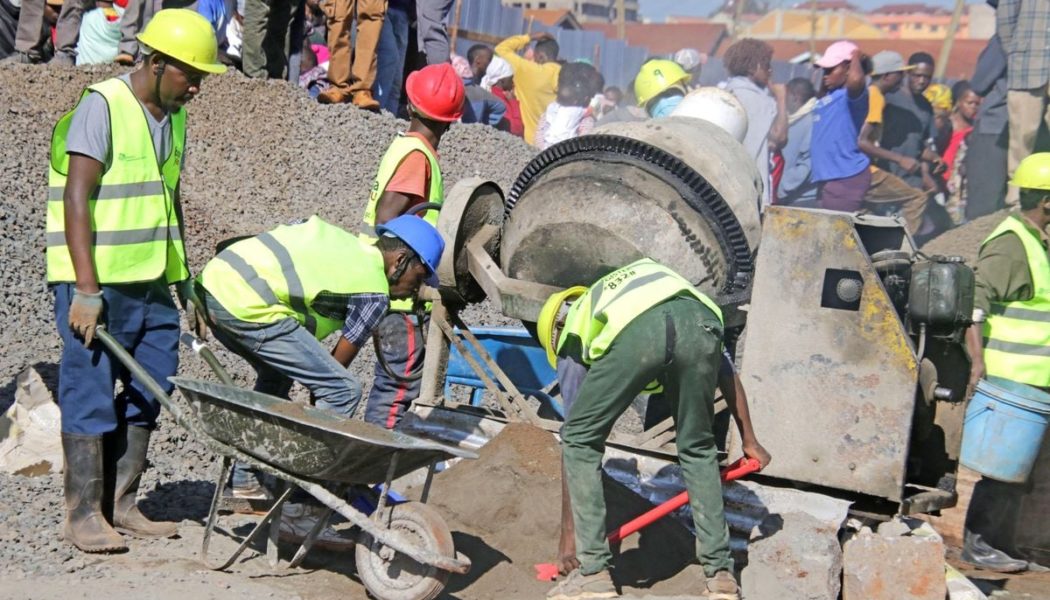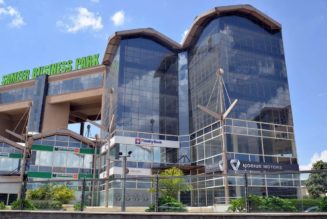
The Kenyan economy grew at its slowest pace in four years since the pandemic, as gross domestic product (GDP) fell to 4.6 percent in the three months to June from 5.6 percent a year earlier.
The slump in GDP growth was largely attributable to contractions in the mining, quarrying and construction sector, although other broad areas of the economy marked slower growth rates in the three months.
Mining and quarrying contracted by 2.7 percent in the review period, while construction fell by 2.9 percent, reversing a growth rate of 2.7 percent from the same time last year, according to fresh data from the Kenya National Bureau of Statistics (KNBS).
The slowdown in construction is mirrored by reduced cement consumption and a reduction in the imports of key raw materials, including bitumen, iron and steel.
“Cement consumption declined by 7.8 percent to stand at 2,053 thousand metric tonnes from 2,227 thousand metric tonnes in the corresponding period of 2023. Similarly, the quantity of imported bitumen decreased by 8.1 percent to 15,566 metric tonnes. In addition, iron and steel imports decreased by 9.1 percent to stand at 222,115 metric tonnes,” KNBS noted in its second quarter GDP report released on Wednesday.
Other key sectors, including agriculture, electricity and water supply, transport and storage, accommodation and food services, and finance and insurance, marked a slowdown in growth compared to the corresponding period in 2023.
The agriculture sector grew at a slower pace of 4.8 percent, down from 7.8 percent previously, despite an increase in the production of sugarcane, milk, and fruit exports.
Meanwhile, growth in the electricity sector slowed to one percent from 2.8 percent due to a decline in total electricity generation.
The transport and storage sector slowed to a growth rate of 3.6 percent from 4.6 percent as the consumption of diesel, which is primarily used in passenger and freight road transport, fell by 5.1 percent, reflecting a reduction in the demand for the services.
Finance and insurance expanded at a slower rate of 5.1 percent, down from 13.2 percent, as the cost of credit increased, dampening consumer demand.
Growth in accommodation and food services slowed to 26.6 percent from 42.8 percent previously, even as international visitor arrivals increased on the back of high-profile international conferences in Nairobi, including the Global Peace Leadership Conference.
The manufacturing sector, however, bucked the trend and was the only outlier as it recorded a growth rate of 3.2 percent from 1.5 percent in June last year, supported by the increased production of soft drinks, sugar and milk.









